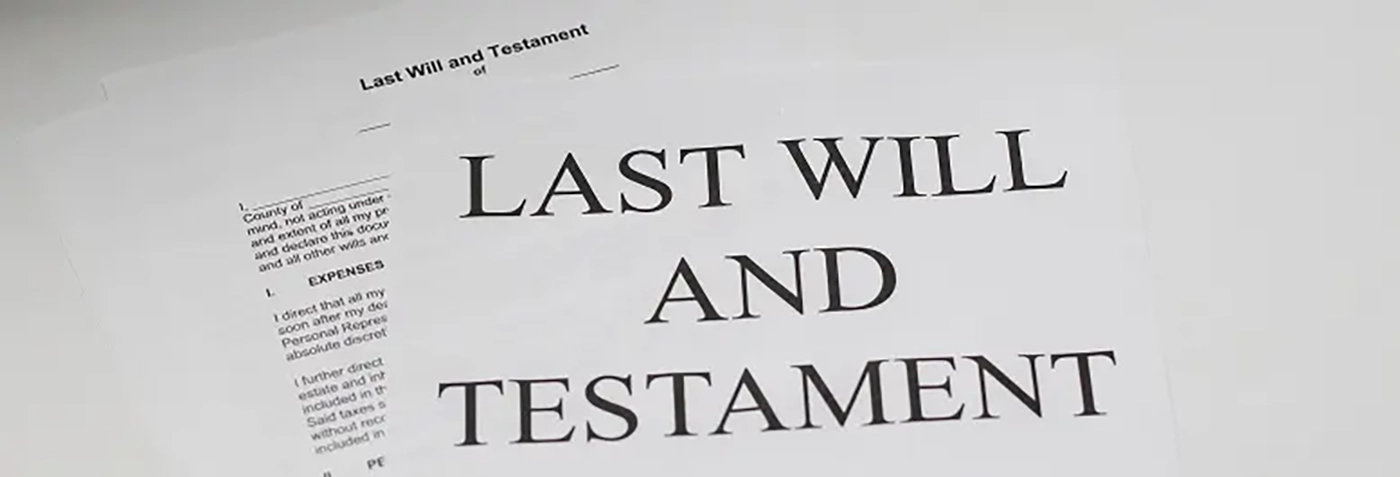Category: Vesting
-

Do the Co-Owners Have Survivorship Rights? How to Change a Deed From the State’s Default
At some point, a couple might decide to change the way they vest a deed, to add rights of survivorship. It’s a commonly made decision. Say a couple has been together for some time and each wants to be sure their co-owner gets their interest in the home without having to pull it through the…
-

Moving to a Community Property State? Here’s What Couples Should Know
You might have heard that some states, like Texas or California, have community property laws. You might have wondered what that was all about. A few other states follow community property law, too. They are Arizona, Nevada, and New Mexico, along with Louisiana, Idaho, Washington, and Wisconsin. Considering moving to or from any of those…
-

Multigenerational Homeownership: How the Deed Is Vested
Millions of U.S. households have multiple adult generations. How do they divide up the worth of their home and the upkeep that goes into it? Who pays the mortgage, insurance, and property taxes? What happens if an owner leaves the home, or passes away? A lot comes down to good deed planning. In this discussion…
-
Dower Rights for Surviving Spouses: Does Your State Still Have This Old English Relic?
If you live in Michigan, your state ended its dower rights in 2017. But if you live in Arkansas, Kentucky, or Ohio, dower is still on the books in your state. This musty old legal provision gives spouses a peculiar set of real estate protections. Kansas, too, has a “dower-like” provision in its KSA 59-505.…
-
A Couple Breaks Up. What Are The Deed Options?
They bought a home together. Now they’re parting ways. They could do a number of things with the deed to the home, depending on their situation. Here, we walk through the most common options for separating co-owners.
-
Issue Spotting: Buying a Home With an Unmarried Partner
Thinking of buying a house with your partner? Many unmarried couples decide to live together, often co-owning their homes. Here are some questions to consider if you’re thinking of making a similar commitment. Will One Partner Take Out the Mortgage? Or Will You Be Co-Borrowers? When unmarried couples apply for a mortgage, the partner with…
-

What Happens When Wills and Deeds Conflict?
When a person passes away, the death certificate and last will are submitted to the county probate court. A person representative begins the process of passing assets along as the will directs — except when other valid legal instruments have priority. One of those instruments is the all-important real estate deed. Houses can be left…
-
Owning Property in Unequal Shares, as Tenants in Common
A tenancy in common is a popular way for co-owners to take title to a home. This way of vesting offers an alternative to joint tenancy, in which a home is co-owned, but the owners split their interest evenly. Here, we talk about what a tenancy in common is, and why its allowance for co-owning…
-
Marriage and Real Estate: A Brief Tour
When two married people own real estate together, how do their rights work? Here, we walk though the most basic questions about couples and their homes.
-
How’s Your Property Vested? It Matters as Much as Your Will or Trust
In estate planning, wills and trusts aren’t everything. Homeowners who want to be sure the home passes to the desired beneficiary must be sure the property is correctly vested. Consider a common example. If you co-own property with a right of survivorship, your interest cannot be willed to any other party. The person who survives automatically acquires rights in…
-
Holding Real Estate in a Trust-Or an LLC
Trusts and limited liability companies, or LLCs, can hold real estate for tax advantages or avoidance of the probate process. Some homeowners work in high-risk careers or own their businesses, and wish to keep the home from becoming vulnerable to lawsuits. Here, we briefly summarize key options.
-
Types of Vesting Related to Real Estate Ownership
Title vesting is the way an owner (or owners) of property takes title to their real estate. The way that title is held will affect what the owner (or owners) can do with the property during his or her lifetime, and will also determine whether or not the property has to go through probate proceedings…




